*Written by Alyssa Wright – Media and Marketing Manager at Trident Early Learning.*
Did you know that our play-based philosophy flows all the way through from our childcare programs right on up into our kindergarten programs? A lot of research has been conducted to show that children do not need to do any formal academics prior to moving off to primary school - this is what their prep year is for: preparation!
There seems to be a consensus that children are to have mastered a world of academic skills prior to making that transition to primary school. However, it is much more important that children are socially and emotionally ready for school.
When we say “socially ready”, we are referring to a child’s ability to negotiate their way out in the playground. School readiness is providing children with the basic skills needed to solve problems that may arise during interactions at school. They will need to demonstrate skills in problem solving and conflict resolution.
When we refer to a child being “emotionally ready”, we are referring to their ability to regulate their emotions and cope with change, e.g., separating from their family, or meeting a new teacher.
Independence is also a very important aspect of school readiness. Children need the skills to find their way around, look after their belongings, self-serve themselves meals, and toilet independently. They will also need to learn to manipulate stationery such as scissors, sticky tape, hole punchers, glue sticks etc.
We are not saying that learning mathematical concepts or literacy is not important. However, many people have an expectation that children will be able to count to a high number, recite the alphabet and write sentences prior to beginning primary school.
Children develop and mature at different rates, and will learn these skills in their own time. Yes, one child may be able to count to 100, but another child may be able to complete a 20-piece puzzle without any assistance. It depends on what they are most interested in and how much time they have had to engage with that activity.
Over the years, we have received many compliments from teachers and principals of local primary schools, who have been very impressed by the children that have come from our services. They always tell us how clever, confident, resilient, and independent they are.
We provide so many opportunities throughout the day for children to learn and extend on skills. We have group discussions about letters, numbers, shapes and colours. We provide a rich play environment full of experiences where they can explore these concepts. We use gentle intentional teaching practices to expand children’s knowledge. But we do not make learning academics the focus of our time.
A brilliant quote we read recently says, “The emphasis on improving literacy and numeracy outcomes must not come at the expense of rich play-based learning” (Fleer).
This quote makes our heart skip a beat and I hope it resonates with you, too. Children and play go hand-in-hand. As mentioned earlier, play is defined as a child’s “work” and we must say, they are exceptionally good at their jobs!
Resources:
Early Life Foundations - School Readiness
Royal Children's Hospital - School Readiness
Victorian Government - Getting Ready to Start School
Sources:
Marilyn Fleer - Conceptual Play: Foregrounding Imagination and Cognition during Concept Formation in Early Years Education.




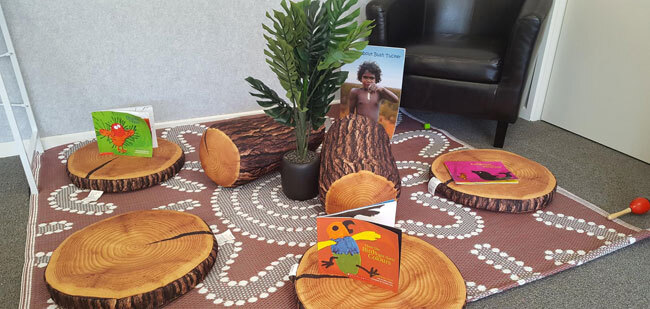
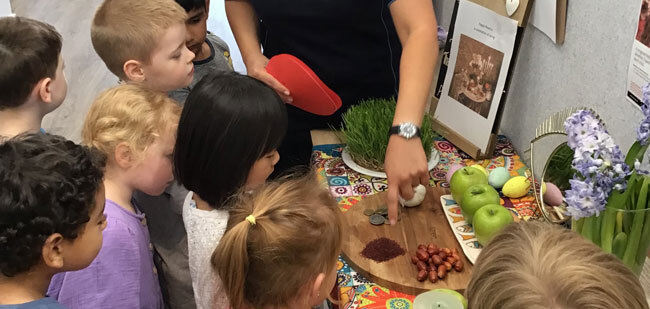
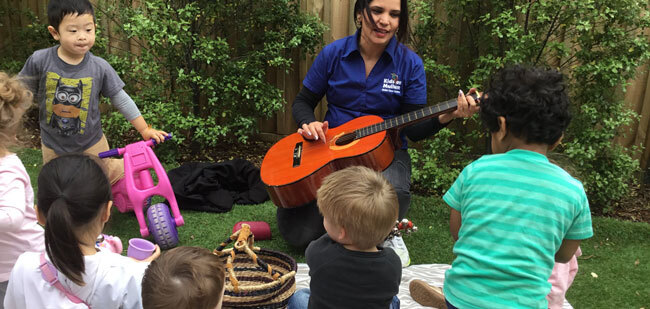
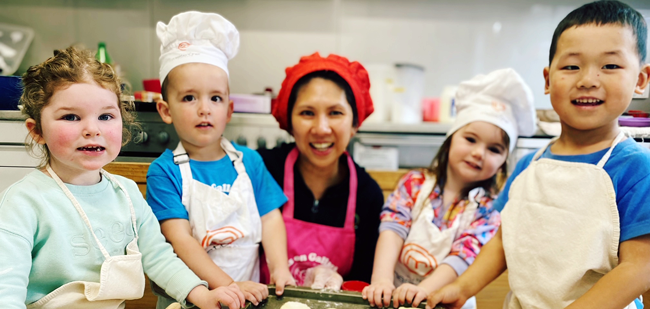
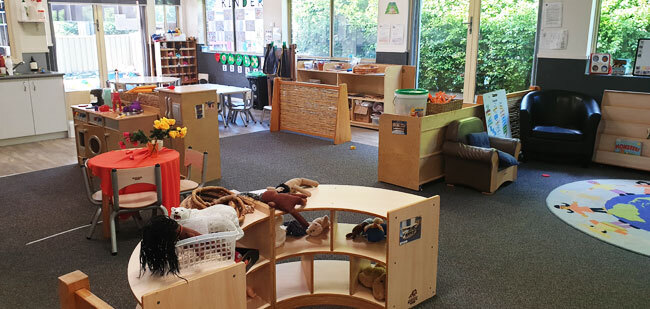
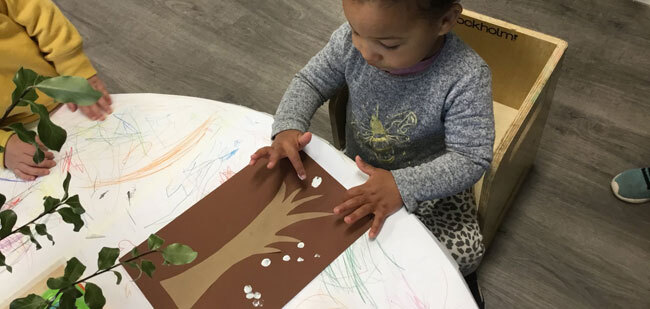
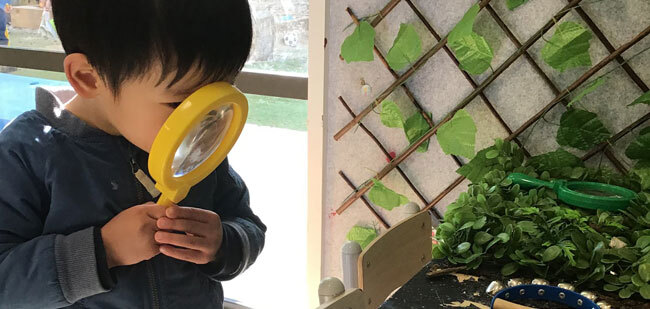
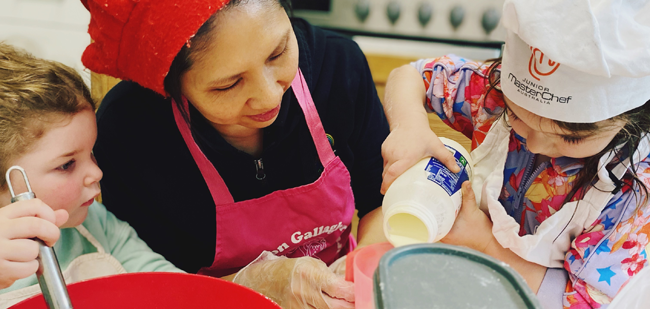
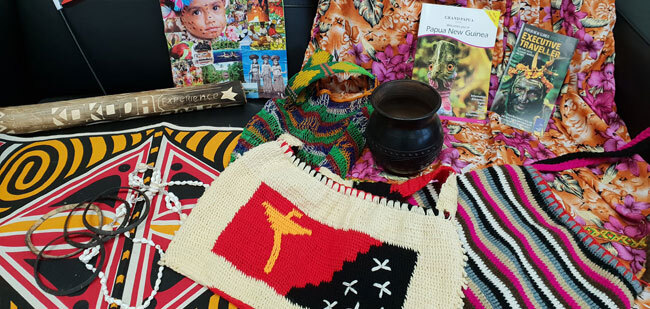
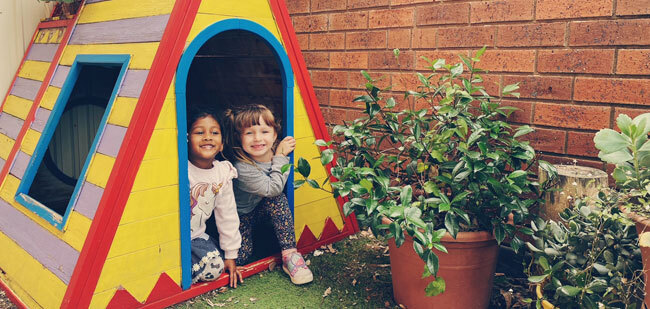
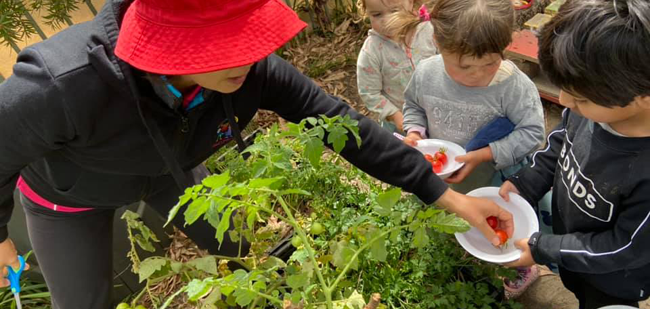
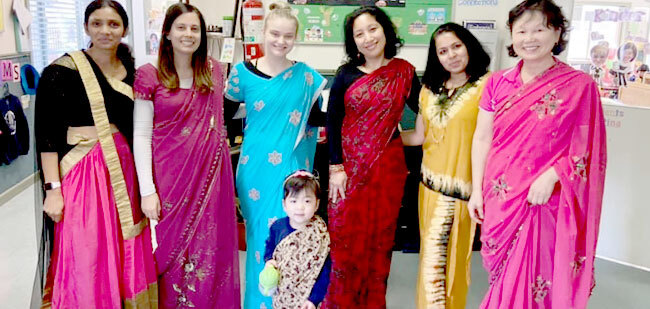
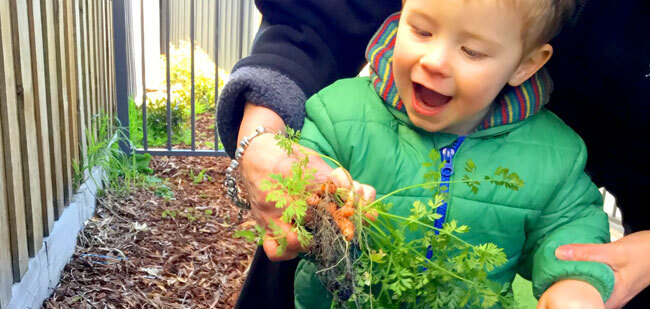

 info@tridentearlylearning.com.au
info@tridentearlylearning.com.au